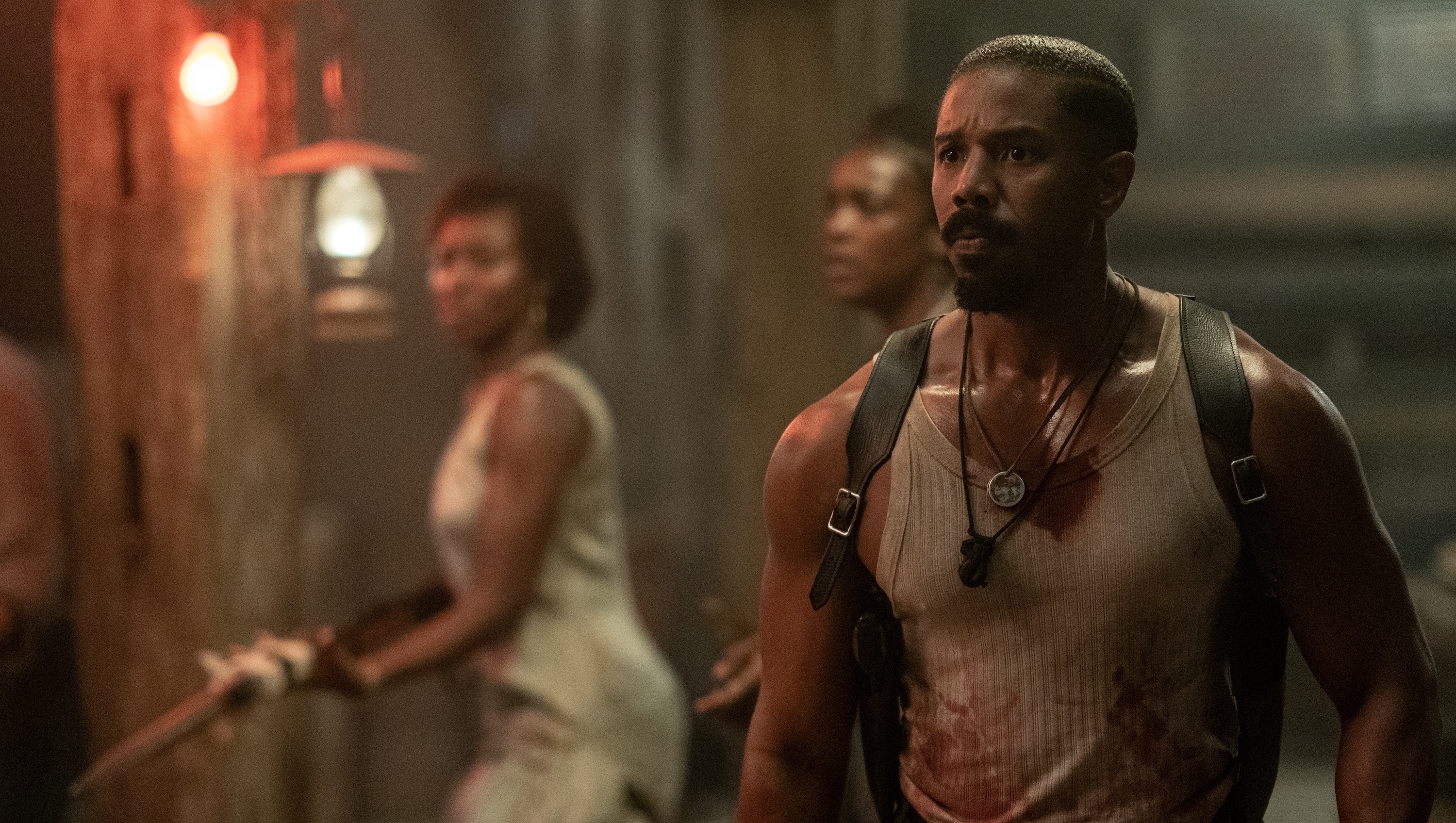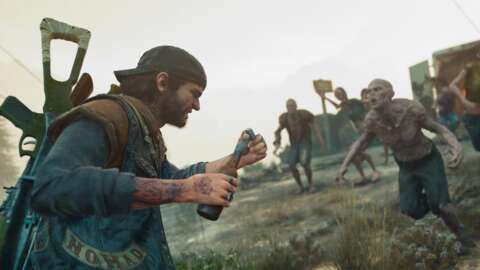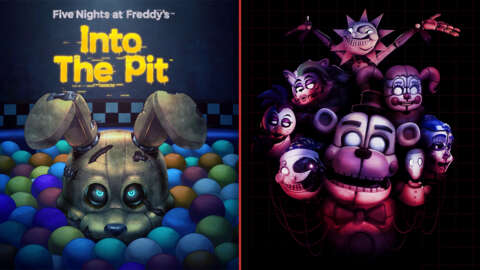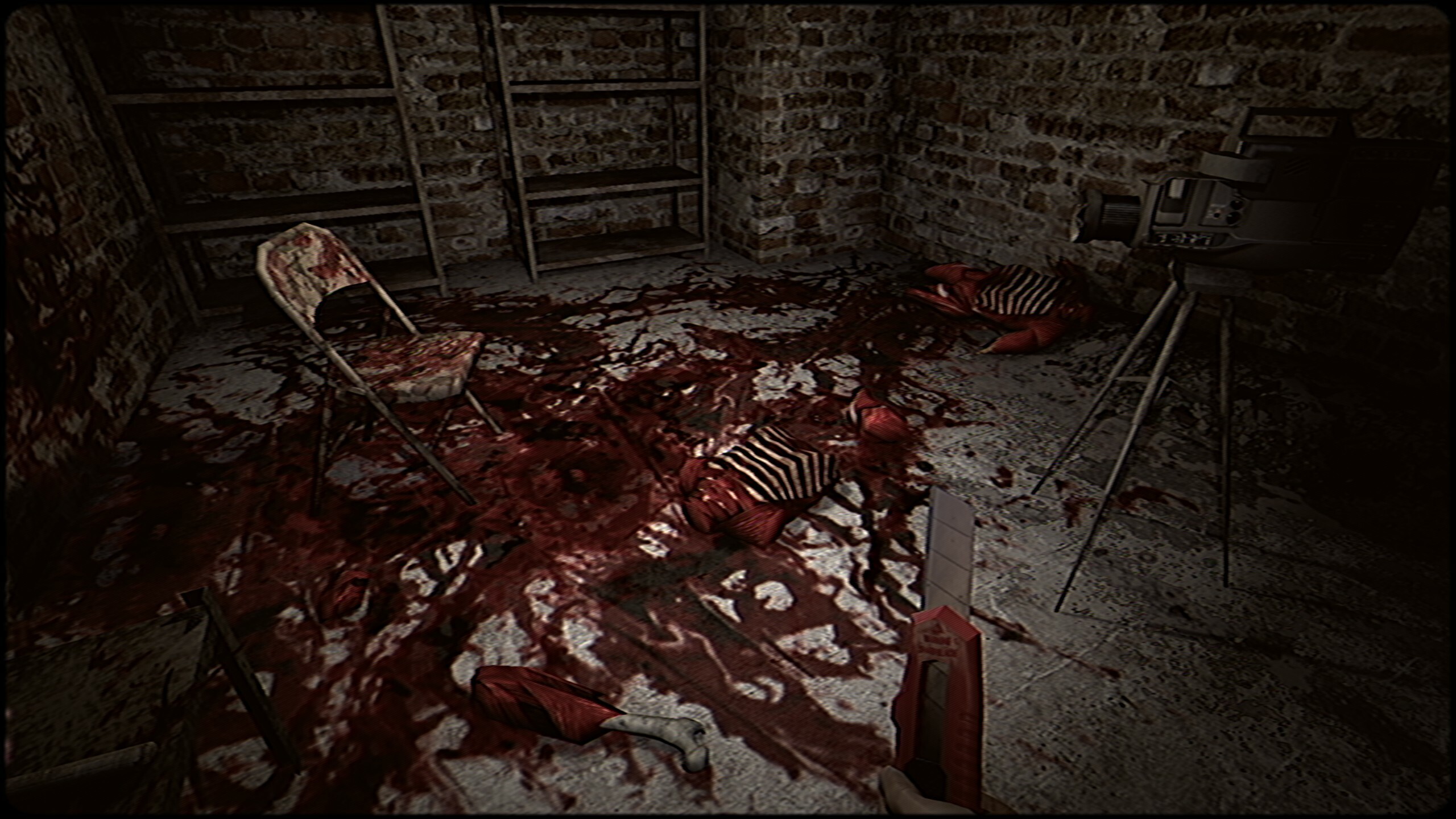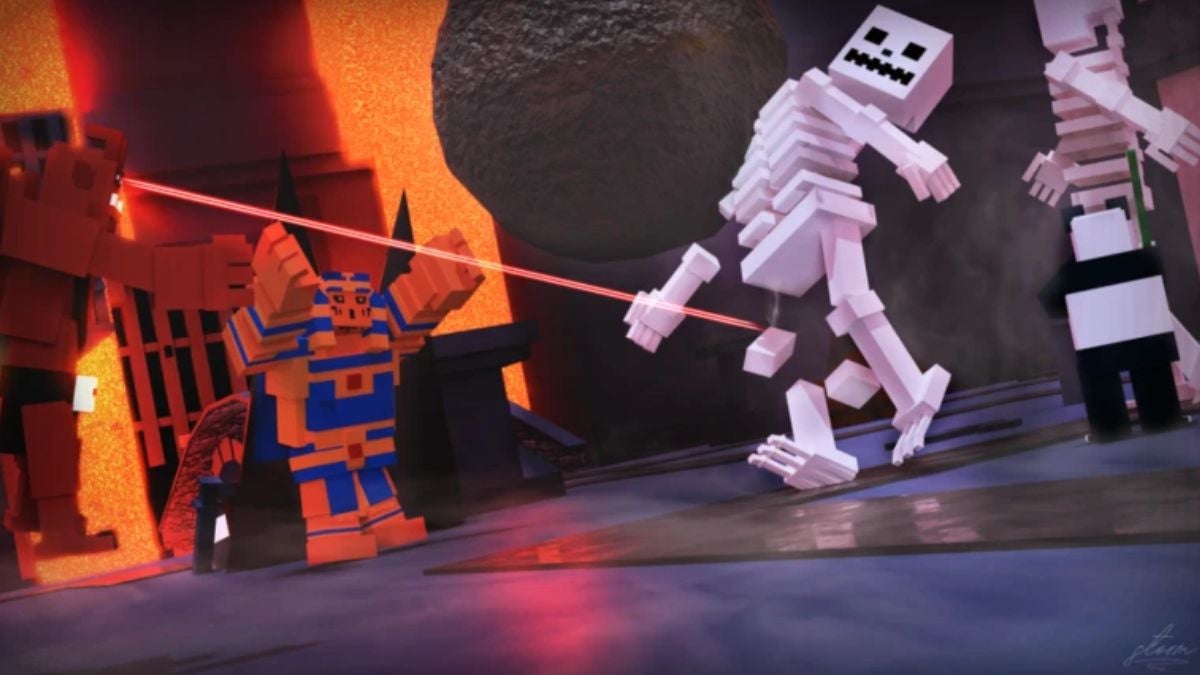
There are two kinds of messy big-budget movies, and as of 2025, Ryan Coogler has made them both. There’s the Marvel kind (seen in Coogler’s Black Panther and Black Panther: Wakanda Forever), where directorial vision comes second to the studio machine, and to shared-universe requirements, VFX constraints, notes from audience test screenings, and a restrictive house style. And then there’s the Sinners kind, where no matter the studio process, the result is stamped with the artist’s signature through and through. His vampire-gangster-Western — and occasional musical! — is chaotic not for its lack of ideas and influences, but for their overabundance. It’s surprising that it holds together, given the sheer number of tones on display. What’s practically a miracle, however, is that it’s also one of 2025’s most sharply conceived works of popcorn entertainment.

When we award the Polygon Recommends badge, it’s because we believe the recipient is uniquely thought-provoking, entertaining, inventive, or fun — and worth fitting into your schedule. If you want curated lists of our favorite media, check out What to Play and What to Watch.
Set in Clarksdale, Mississippi, in 1932, Sinners unfolds over a single day, as notorious local brothers the SmokeStack twins (Michael B. Jordan in a dual role) return home from Prohibition-era Chicago and the employ of Al Capone. Elijah, known as Smoke, is the hardheaded, no-nonsense brains of their operation, while Elias, aka Stack, is the slimier and more seductive front.
The former is stiff in posture, while the latter smiles with bejeweled teeth. Together, they lure former friends and colleagues to work for them during the grand opening night of their ramshackle juke joint. They hope to make it a center for food, libations, blues music, and merrymaking for Black folks in the segregated South, but mostly, they just want to make money. Their recruitment scenes take up nearly half of the film’s 137-minute run time, and in the process, endear us to the brothers’ dynamic with each other.
With their younger cousin Sammie (Miles Caton) in tow — the guitar-strumming son of a preacher, framed by the voice-over as so talented that he conjures up spirits of the past and future — the twins begin their venture without a hitch, until a trio of unwanted white guests shows up at their door. Little by little, familiar genre tropes begin to emerge, like the strangers specifically requesting to be “invited” inside.

After a steady, character-centric intro, Coogler further builds momentum by cutting between moments of intense bodily motion, then charges headfirst into vampire movie territory. His script assumes his audience is familiar enough with the genre’s conventions, so he never slows down to explain them. But when the drama and environment are this absorbing, it’s hard not to come along for the ride.
Coogler’s last three films have been part of major franchises — after the indie biopic Fruitvale Station, he directed the seventh Rocky movie, Creed, and the two Black Panthers. Here, though, he pivots toward a wholly original piece of pop-horror, with B-movie influences befitting of grindhouse cinemas (and with one particularly amusing nod to John Carpenter’s The Thing). It’s a spiritual splatter film, with intimate dilemmas concerning greed and temptation giving way to spurts of practical, orange-brown blood, the kind you’d likely find in a George Romero film. Sinners is a vampire movie, but it’s practically structured like a zombie feature, with a compact cast of characters trying to survive the night as ghouls overtly embodying deep societal malaise creep toward them.
On one hand, the vampires embody the racial animus of the casually violent Jim Crow 1930s (some of them are literal Klan members), but on the other hand, the movie cuts deeper with its monster metaphors and its supernatural goings-on. Before long, the villains’ offers of eternal life (and much more; these vampires have some fun twists) not only begin to read as preferable alternatives to the Black community’s struggle for equality and survival, but as mirrors to the vices Smoke and Stack brought back with them from the big city.
The undead are just one of several mystical elements in Sinners; the others include Sammie’s spiritually tinged crooning, and the spiritual practices of Smoke’s ex Annie (Loki and Lovecraft Country’s Wunmi Mosaku), all of which eventually come together, albeit in bumpy ways.
For instance, Coogler imbues Sammie’s music with rousing physical form, connecting genres and influences across time in magnificent long takes that look like psychic visions and feel like magic. Caton even sounds a little like the director when he speaks, making Sammie a self-reflection of sorts, intentional or otherwise. Sammie is a young creator trying to make art that speaks to a larger legacy, while also having to contend with the sins of his rich benefactors — his twin cousins — who tempt his fellow artists with devilish deals. It’s hard not to wonder whether Coogler has been dealing with the same pull and push of temptation, as a sought-after studio filmmaker who sparked a global conversation on the legacy of museums.
Coogler may be free from the more restrictive form of filmmaking other Marvel directors have chafed under — he recently described his Marvel stint as an “open directing assignment” — but even throwing himself into this new original IP, under the Warner Bros. umbrella, runs the risk of starting that cycle anew. (There’s no Sinners sequel on the horizon yet, but who’s to say?) Sammie’s ability to connect people to their ancestors makes him a particular object of desire to the movie’s villains. The purity of what he creates is fragile, and can easily be corrupted; as it happens, the vampires sing appropriated folk songs of their own, but use the appearance of sincerity as a hilarious facade. It’s goofy and chilling all at once.

The small group trying to survive these bizarre events includes Sammie, the twins, Annie, alcoholic blues musician Delta Slim (Delroy Lindo), Chinese American business owners Grace (Li Jun Li) and Bo Chow (Yao), and Stack’s former flame Mary (Hailee Steinfeld) — a white-passing woman who gets a little too close to the nefarious newcomers. As it happens, several of these characters are in the throes of grief, whether over the deaths of loved ones or the loss of their past connections to one another, making them particularly susceptible to the evil forces outside. On paper, Sinners seems like a rather straightforward creature feature, but its cheap thrills come wrapped in prestigious studio packaging, in a way only Jordan Peele has seemed capable of in recent years.
From an aesthetic standpoint, the film is incredibly self-assured — much of which is owed to cinematographer Autumn Durald Arkapaw and her use of celluloid contrast. It has the deepest shadows you’ve ever seen during daylight, injecting each scene with a sense of mystery. But the way its skin tones and physical environments pop without overwhelming one another grant the movie’s setting a distinct lived reality. Clarksdale is a sharecropping town, introduced through shots of its Black workers toiling in cotton fields. These images evoke the past horrors of slavery, the same way Slim and Sammie’s toe-tapping blues performances bear the influence of African American spirituals. (Sammie has a background as a church singer, after all.)

Everything that appears on screen is wrapped up in larger echoes of American history, and its original sin of subjugation and slavery. But at the heart of these evils lies a more fundamental desire, which even its Black characters can’t escape: the allure of money and wealth. The vampires know this, too, and tempt their targets not just with eternal life, but with gold.
The film is dialogue-heavy in its explanations, though it remains emotionally convincing. Much of this comes down to Jordan’s debonair dual performances. The SmokeStack twins are ruthless in their pursuit of wealth, but never unlikable (they’re also quite funny at times), ensuring that when tragedy befalls them, it evokes sympathy and dramatic irony in equal measure. A question always looms over the movie’s horrors: Do Elias and Elijah deserve this?
Even as Sinners accelerates toward its climax, none of it feels wasted. Its action is explosive, and while Coogler’s vicious momentum can be visually disorienting at times, the adrenaline and the way he tethers each character to a distinctly spiritual question ensure that the movie’s strengths far outweigh its flaws. It’s a very strange movie at times, right down to its lengthy mid-credits epilogue. But it’s also a major swing for big-budget genre cinema, and a deeply personal one at that, with surprising introspections about artistic inheritance nestled among cartoonish gore. It’s hardly the gonzo combination expected from a sanitized studio product. Instead, it feels like the outpouring of a genre filmmaker liberated from constraints, as he tells a story about what liberation could even mean in a system where every possible alternative is awash in sin.
Sinners opens in theaters on April 18.
Source:https://www.polygon.com/horror/556489/sinners-review-ryan-coogler-vampire-black-panther